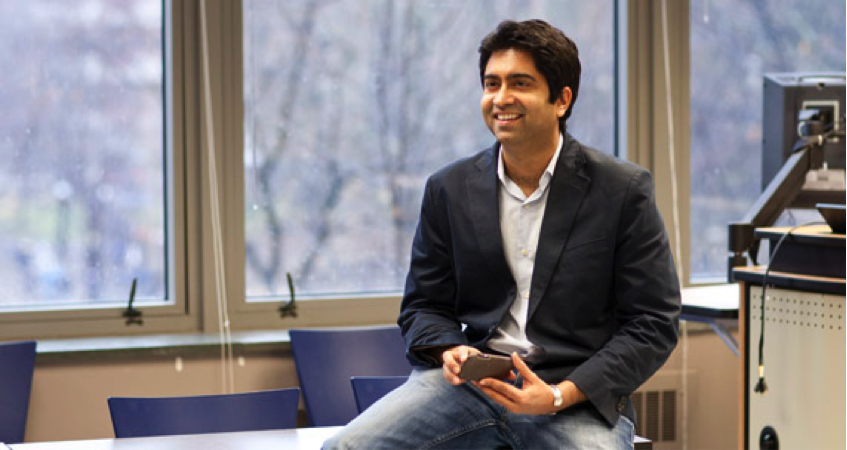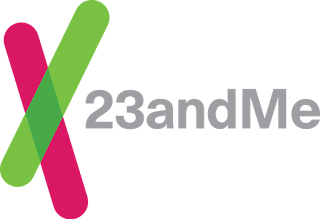New neuro models for the interdisciplinary pursuit of understanding addiction

by Katie Givens Kime The following post is part of a special series emerging from Contemporary Issues in Neuroethics, a graduate-level course out of Emory University’s Center for Ethics. Katie Givens Kime is a doctoral student in Religion, with foci in practical theology, psychoanalysis, and neuroethics, and her research investigates the religious and spiritual aspects of addiction recovery methods. A few years ago, a highly respected and accomplished philosopher at Duke University, Owen Flanagan, surprised everyone when he stood up to speak at Society for Philosophy and Psychology. A garden-variety academic presentation it was not. In “What Is It Like to Be An Addict?” Flanagan revealed to 150 of his esteemed colleagues that he had been addicted to various narcotics and to alcohol for many, many years. Not so long ago, every gruesome morning looked like this: I would come to around 6:15 a.m., swearing that yesterday was the very last time...I’d pace, drink a cup of coffee, and t



